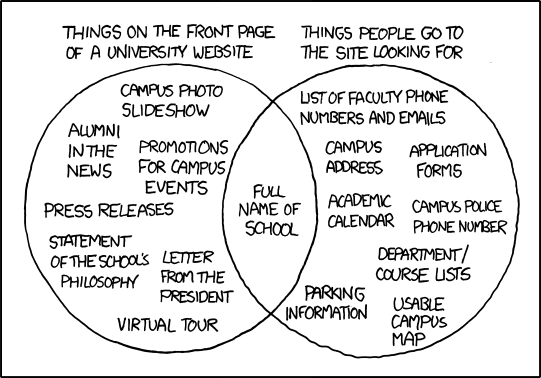ANLEP was established in 2007 at the Centre for Development and the Environment, University of Oslo in Norway, and it has grown into a great resource for LEP scholarly work.
The main purpose of ANLEP is to undertake research and disseminate research findings on selected topics that have been crucial to the work of the Commission on Legal Empowerment of the Poor, including a focus on access to justice and rule of law, labour and property rights, socio-economic and political empowerment of women and human rights-based pro-poor governance.This will be undertaken through a variety of activities which include workshops, joint publications, short-term exchange programme for faculty, doctoral courses on legal empowerment and visits by doctoral students from Europe and developing countries to partner institutions of the ANLEP network. ANLEP was established in May 2007, and is headed by Dr. Dan Banik,, from the Centre for Development and the Environment, University of Oslo.
Within the website you can find scholarly articles, event/workshop listings and notes, a list of cross-border folks interested in Legal Empowerment issyes, and a link to Dr. Banik’s book (Dan Banik (ed.) Rights and Legal Empowerment in Eradicating Poverty, London: Ashgate.). Of particular interest to me are the following two articles (but look at the site for more updated literature!)
· Li-ann Thio, 'Unpacking the Human Right to Development: The 2007 ASEAN Charter and Legal Empowerment Trajectories', ANLEP Working Paper No. 1 (2009) (pdf)
· Dan Banik, 'Legal Empowerment as a Conceptual and Operational Tool in Poverty Eradication', Hague Journal on the Rule of Law (2009) (pdf)

